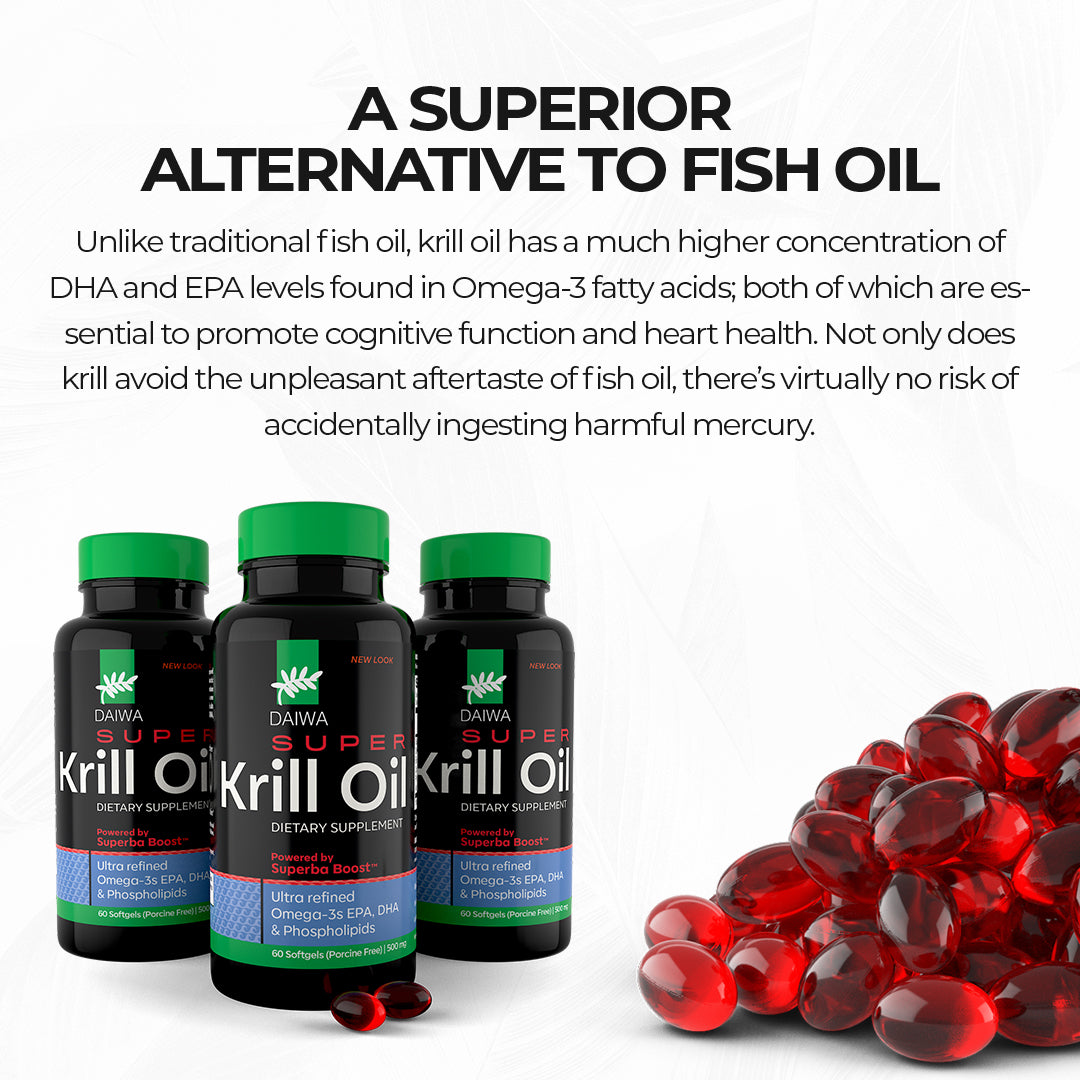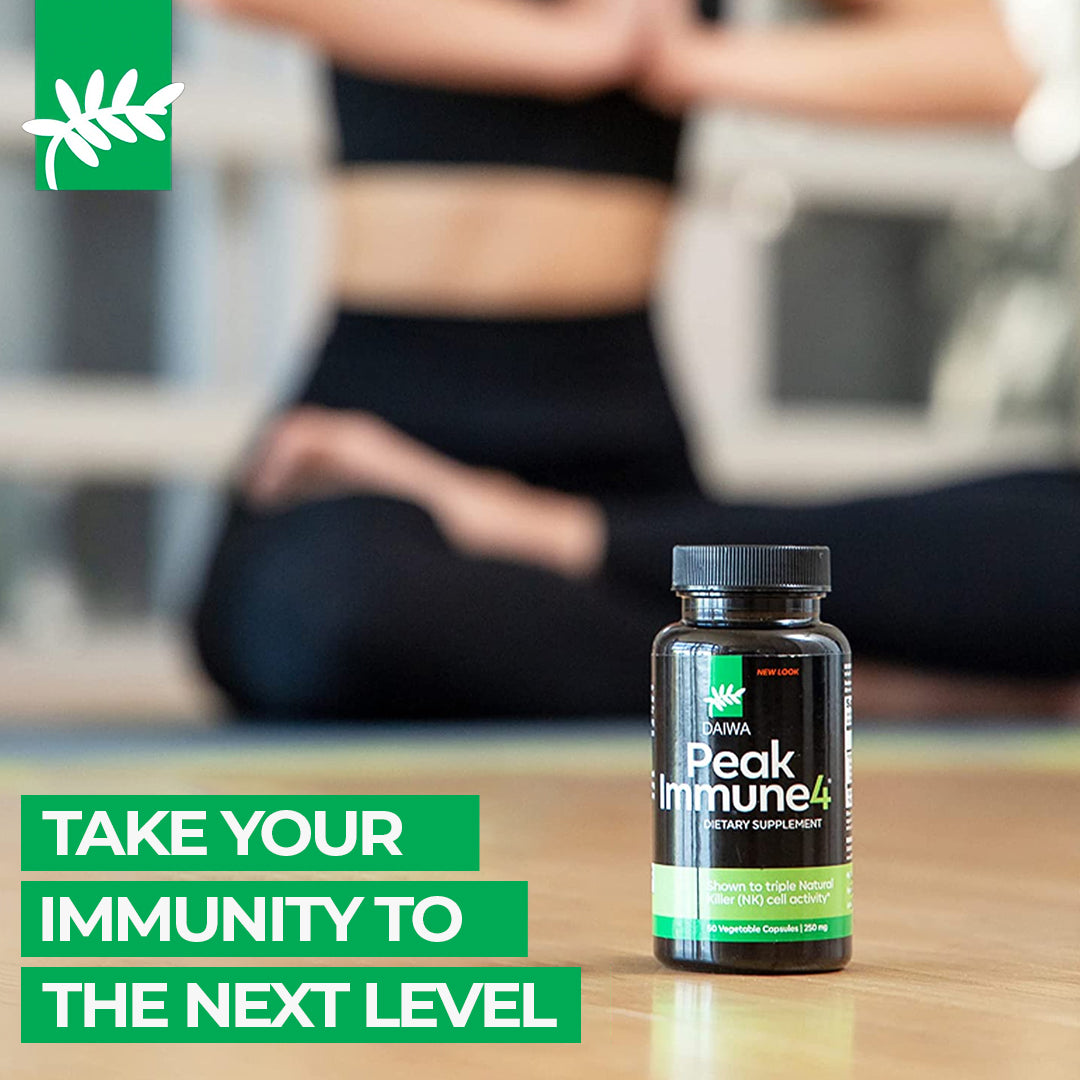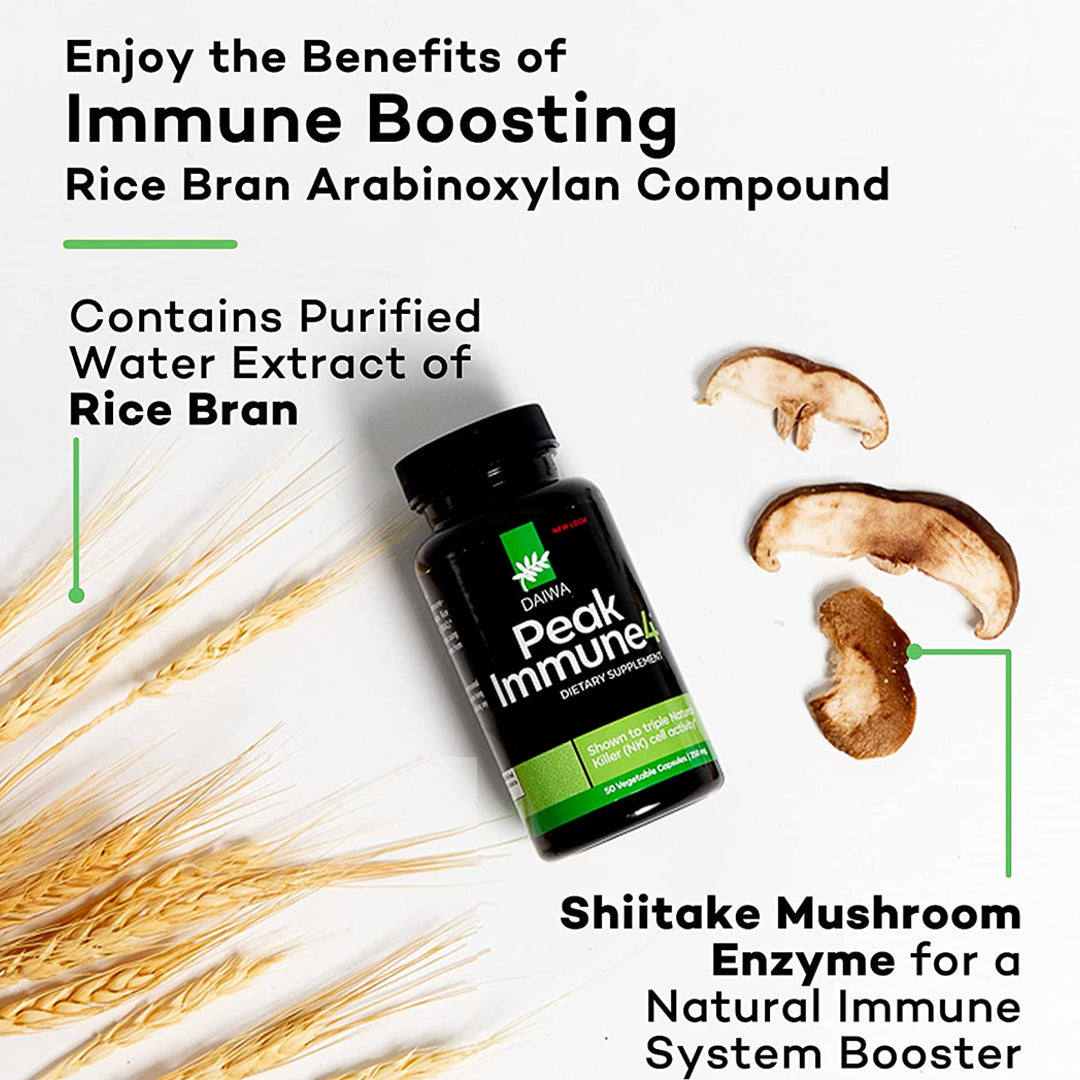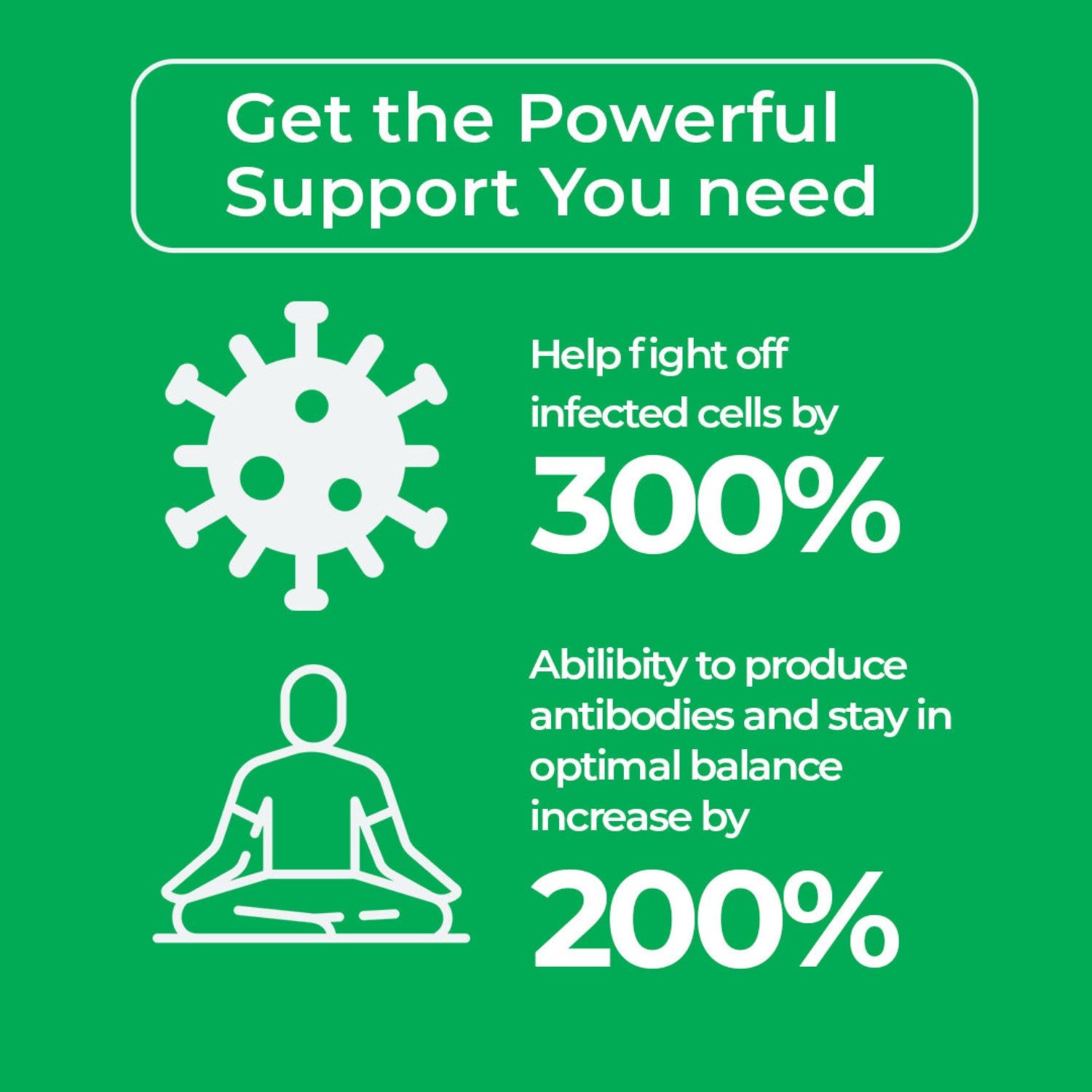At Daiwa Health Development, we believe that healing the body starts from within. For millions of people worldwide, joint pain and inflammation are daily battles that affect energy, mobility, and quality of life. Whether caused by arthritis, overuse, or lifestyle factors, these conditions often lead people to rely on nonsteroidal anti inflammatory drugs (NSAIDs) for quick relief. But long-term use of these medications can bring unwanted side effects, from stomach irritation to increased risk of cardiovascular problems.
Fortunately, science supports another way—a natural, sustainable approach to managing inflammation and joint pain naturally. By understanding how inflammation develops and learning to regulate it through diet, movement, and targeted dietary supplements, you can support your body’s natural defense system and restore mobility without depending solely on pharmaceuticals.
What Causes Inflammation and Joint Pain?
Inflammation is part of the body’s healing response. When tissues are injured or infected, the immune system releases inflammatory cytokines—chemical messengers that trigger swelling, warmth, and pain to protect the area.

In acute cases, cytokine release is helpful, but when the body remains in a state of chronic inflammation, the system never shuts off. Over time, this condition can damage joints, connective tissue, and organs, leading to chronic medical maladies.
The most common causes of joint pain and inflammation include:
- Autoimmune conditions such as inflammatory arthritis and rheumatoid arthritis
- Overuse or repetitive strain injuries
- Poor diet high in refined carbohydrates and red meat
- Excess body weight adding stress to the joints
- Low physical activity and poor circulation
Arthritis: When Inflammation Becomes Chronic
Arthritis refers to inflammation in one or more joints. There are over 100 types, but the most common include rheumatoid arthritis and knee osteoarthritis.
- Rheumatoid arthritis (RA) is an autoimmune condition where the immune system mistakenly attacks the joint lining, causing joint swelling, stiffness, and deformity.
- Osteoarthritis (OA) involves cartilage breakdown from wear and tear, leading to bone friction, reduced mobility, and pain and swelling.
In both cases, chronic inflammation drives the progression. While NSAIDs and nonsteroidal anti inflammatory medications can reduce pain temporarily, they don’t correct the root cause—an overactive inflammatory response.
How Chronic Inflammation Impacts Overall Health
Inflammation doesn’t just affect your joints. It’s now recognized as a key risk factor for many chronic diseases, including heart disease, diabetes, and bronchial asthma. When left unchecked, inflammatory pathways remain active, damaging cells and accelerating aging.
Reducing inflammation isn’t just about pain relief—it’s about supporting overall health, longevity, and emotional health. A calmer immune response leads to clearer thinking, steadier energy, and better resilience across your body and mind.
Natural Strategies to Reduce Inflammation and Joint Pain
1. Follow an Anti-Inflammatory Diet
Food is the foundation of healing. A healthy diet centered on inflammation management foods can significantly regulate inflammation and provide relief from joint pain. Research consistently shows that what you eat determines how your body’s natural defense system responds to stress and injury.
The Mediterranean diet—rich in olive oil, whole grains, fish, fruits, and vegetables—has strong inflammation management properties. It regulates inflammatory markers like C-reactive protein and promotes flexibility and healthy weight maintenance.
Key Inflammation control Foods:
- Fatty fish (salmon, sardines, mackerel) for omega 3 fatty acids
- Olive oil, nuts, and seeds for healthy fats
- Leafy greens and colorful vegetables
- Green tea for its antioxidant properties and inflammation management effects
- Whole grains like oats and quinoa instead of white bread or refined carbohydrates
Pro Tip: Replace processed snacks with fresh produce and inflammation control foods that nourish rather than inflame.
2. Incorporate Herbal Medicine and Natural Remedies
For centuries, herbal medicine has been used to regulate inflammation and manage pain. Many herbs act as natural inflammation management agents, blocking pathways like COX enzymes or suppressing tumor necrosis factor (TNF), a major inflammatory cytokine.
Common Herbal Remedies and Inflammation Management Compounds:
- White willow bark – contains salicin, similar to aspirin, for pain relief
- Cat’s claw – a flowering plant from the Amazon known for reducing joint swelling
- Turmeric (curcumin) – potent inflammation management properties backed by clinical trials
- Ginger and green tea – natural inflammation regulation effects and digestive support
Scientific studies show that these herbs may complement conventional treatments for treating joint pain and improve flexibility without the risks associated with high-dose NSAIDs.
3. Add Omega-3 Fatty Acids and Fish Oil
Omega 3 fatty acids from krill oil, fish oil or cod liver oil help manage inflammation and support joint lubrication. They work by limiting the production of inflammatory cytokines and supporting cartilage health.
Clinical trials have shown that krill oil and fish oil supplements can significantly lower stiffness and reduce joint pain. These supplements also manage healthy blood pressure, heart rhythm, and the body’s ability to recover from chronic pain conditions.
4. Maintain a Healthy Weight and Stay Active
Excess weight increases pressure on the joints and accelerates cartilage breakdown. Weight loss reduces inflammatory markers and improves mobility.
For more details, see The Complete Guide to Cardiovascular Health and Cognitive Function. For more details, see Daiwa Brain Health®. For more details, see heart & circulation supplements.Low-impact physical activity such as swimming, walking, or yoga promotes circulation, strengthens muscles around the joints, and helps the body reduce swelling naturally. Consistency matters more than intensity.
Weight management also helps lower insulin resistance and the risk of cardiovascular disorders, both tied to chronic inflammation.
5. Manage Stress for Physical and Emotional Health
Stress doesn’t just affect the mind—it triggers inflammation in the body. When cortisol, a stress hormone, remains elevated, it promotes tissue breakdown and slows recovery.
Practicing mindfulness, gentle physical activity, and deep breathing supports both emotional health and physical and emotional health. These techniques activate the parasympathetic nervous system, managing inflammation and improving sleep quality.
Joint Relief That Works in Days, Not Months
Glucosamine takes 2-3 months for uncertain results because it rebuilds cartilage slowly. Daiwa Joint Health takes a different approach — Acacia catechu flavonoid extract targets the COX-2 and 5-LOX inflammatory pathways actually causing your discomfort. Many users feel the difference within the first week.
Learn MoreThe Role of Supplements in Joint Support
Dietary supplements can complement a healthy diet to provide targeted support for joint pain and inflammation control. At Daiwa Health Development, we create formulations that combine science and nature, enhancing the body’s ability to repair and to restore balance.
Our advanced blends include inflammation management compounds, omega 3 fatty acids, and plant-based extracts designed to help you regulate inflammation and manage pain safely. These supplements support the immune system, joint flexibility, and recovery from joint pain without the risks of high doses of medications.
Always consult a healthcare professional before starting new supplements, especially if you’re already taking prescription medications.
Understanding Anti Inflammatory Mechanisms
Inflammation involves a cascade of reactions controlled by immune signaling molecules. Nonsteroidal anti inflammatory drugs work by blocking COX enzymes that produce prostaglandins—compounds responsible for pain and swelling.
Natural inflammation management agents like curcumin, resveratrol, and catechins from green tea act similarly but with broader benefits. They neutralize free radicals, reduce oxidative stress, and restore equilibrium in the body’s natural defense system.
COX enzyme blocking is why inflammation management diets and herbal medicine approaches can be sustainable, long-term solutions for regulating inflammation.
Flushing Inflammation Out of the Body
You can’t “flush” inflammation instantly, but you can guide your body to manage inflammation naturally and to rebalance immune activity.
Steps include:
- Drinking plenty of water to aid detoxification
- Prioritizing inflammation management foods and antioxidants
- Getting quality sleep for hormonal repair
- Managing stress to control inflammation spikes
- Avoiding alcohol and refined carbohydrates that worsen inflammatory markers
Over time, these habits create an internal environment that supports healing and reduces dependency on medication.
The Mediterranean Diet: Gold Standard for Joint Health
The Mediterranean diet stands out as one of the most researched and effective inflammation management diets. It regulates inflammation and supports heart health.
Health benefits include improved mobility, better blood sugar control, and reduced joint pain. This diet is naturally rich in olive oil, Omega-3s, legumes, and whole grains, all known to reduce pain and swelling in the joints.
By following this lifestyle—not just a diet—you give your body’s natural defense system the tools it needs to heal.
Children and Inflammation
Although arthritis is most common in adults, inflammatory diseases can affect children too. Conditions like juvenile rheumatoid arthritis require medical care, but dietary and lifestyle choices can still make a difference.
A balanced diet, adequate hydration, and omega-3-rich foods can manage inflammation safely in children. Always work with a healthcare professional when addressing how to manage inflammation in a child, especially if symptoms persist.
Topical and Natural Pain Relief Options
For localized joint pain, natural topical creams containing menthol, capsaicin, or arnica may help relieve pain by improving circulation and decreasing stiffness.
Incorporating warm baths, stretching, and low-impact movement enhances their effect and supports long-term pain relief and flexibility.
Scientific Evidence Supports Natural Approaches
Modern scientific evidence supports what traditional medicine has known for centuries: nutrition, herbs, and movement profoundly influence inflammation. Clinical and population studies show that people who consume inflammation management foods daily and maintain physical activity experience less joint pain and enjoy better long-term mobility.
This growing body of research emphasizes the power of prevention and natural restoration—two pillars of the Daiwa Health Development philosophy.
Daiwa Health Development: A Partner in Natural Healing
At Daiwa Health Development, we’re committed to helping people address joint pain and inflammation management at the source. Our formulations integrate the best of herbal medicine, omega-rich oils, and evidence-based nutrients that work with your body—not against it.
By focusing on inflammation management properties, immune balance, and whole-body synergy, we help you regulate inflammation safely and effectively. Whether you’re managing joint pain , or simply aiming for long-term joint health, we offer solutions that align with your natural biology.
Natto's Role in Reducing Heart Inflammation
Nattokinase may help support healthier inflammatory balance in the body by influencing biological pathways tied to oxidative stress and low-grade inflammation. Because chronic joint discomfort is often linked to ongoing inflammatory activity and impaired circulation at the tissue level, compounds that promote better blood flow and cellular signaling may play a supportive role in overall joint health. While nattokinase is not a treatment for inflammatory arthritis or joint disease, its ability to interact with inflammation-related mechanisms has led researchers to examine it as a potential complementary strategy in conditions where chronic inflammation contributes to tissue stress and degeneration. (see study here)
★★★★★ Trusted by thousands of customers
Tired of Waiting Months for Joint Supplements to Work?
Daiwa Joint Health targets inflammation at the source rather than slowly rebuilding cartilage. Clinically studied Acacia catechu extract delivers results you can feel, not just hope for.
Shop Daiwa Joint HealthFree shipping on orders over $50 · 30-day guarantee
Final Thoughts
Healing joint pain and managing inflammation takes time, consistency, and self-awareness. There’s no single miracle food or herb—but together, small changes can transform how your body moves and feels.
By focusing on a healthy diet, inflammation control foods, regular movement, and targeted dietary supplements, you support the body’s natural defense system and encourage repair from within.
Regulating inflammation and joint pain naturally isn’t just about comfort—it’s about reclaiming energy, resilience, and freedom of movement at every age.
At Daiwa Health Development, we’re here to help you live that transformation—through nature, through science, and through balance.
Related: Inflammation Support Bundle








Leave a comment
All comments are moderated before being published.
This site is protected by hCaptcha and the hCaptcha Privacy Policy and Terms of Service apply.